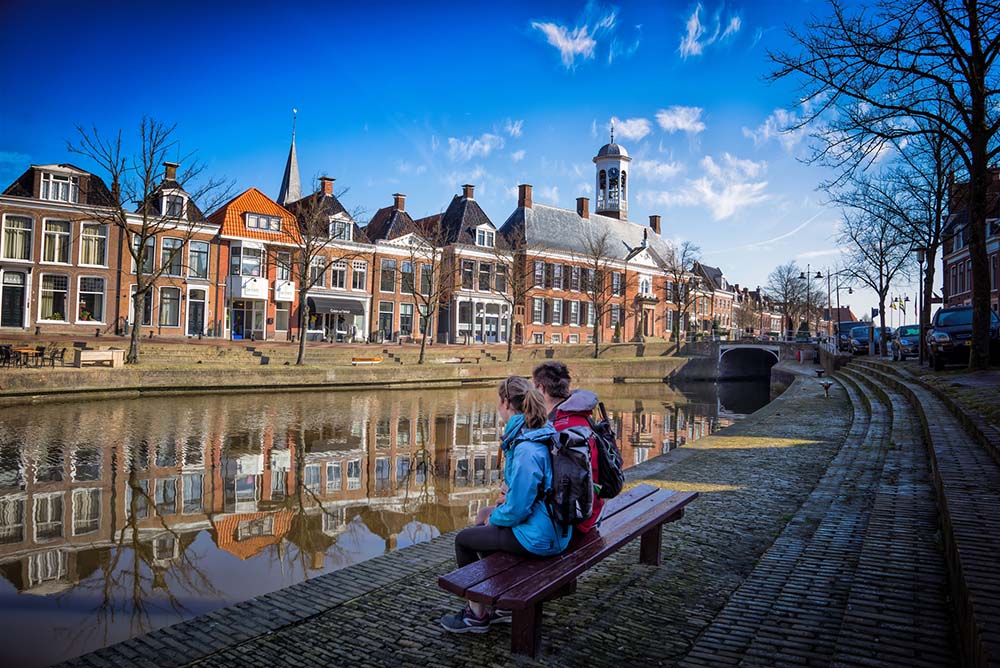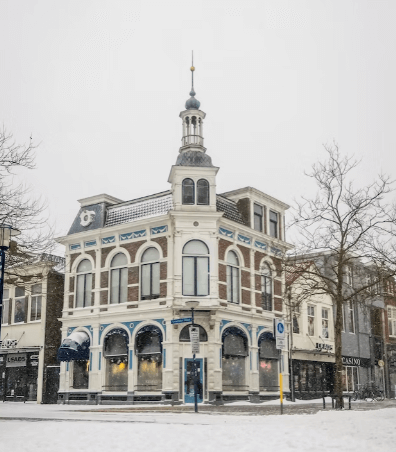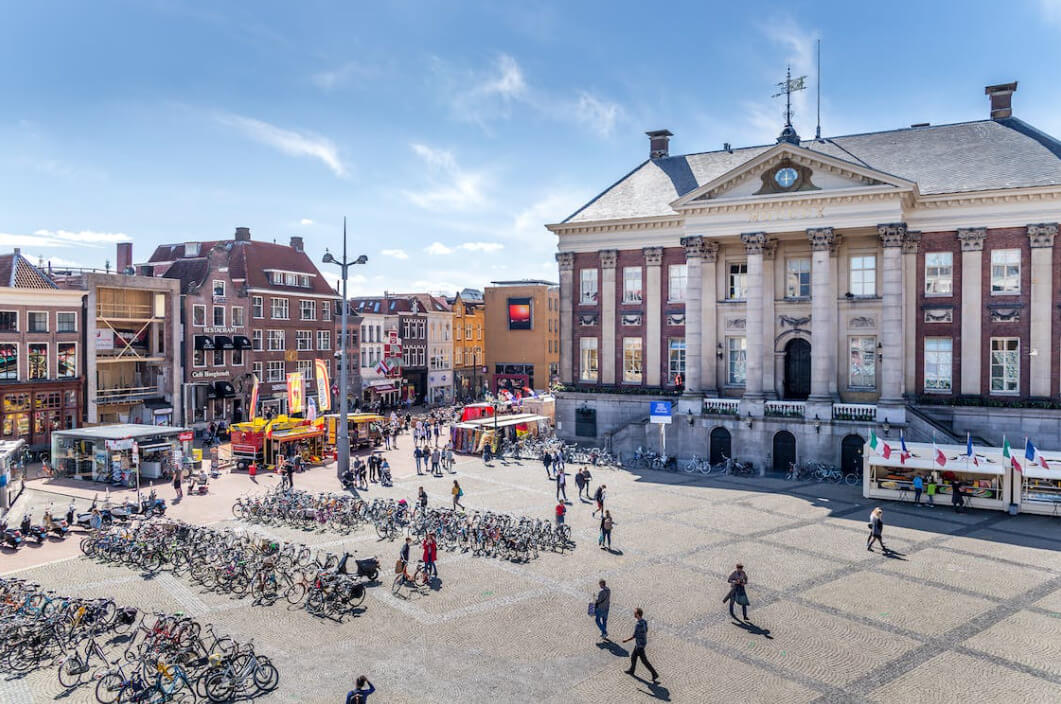PhD in Commemorating Leaders in Greek Cities Under Rome (1.0 FTE)

Applications are invited for a fully funded four-year PhD position in the fields of Ancient History and Classics. The project will study how the commemoration of leadership helped structuring urban identity in Greek cities under the Roman Empire (50 BCE – 400 CE). It will take an interdisciplinary approach by exploring texts, inscriptions and archaeological material to cast new light on the ways that Greek and Roman elements were interfused in shaping society and culture in the Roman period polis. At Groningen University, you will be offered a unique opportunity to work in an international environment and to acquire valuable research experience.
The PhD Project
Life in the Greek-speaking cities of the Eastern half of the Roman Empire was infused with cultural interactions and the rich and pluralistic heritage produced by centuries of urban history. Cities were usually willing to work together with the Roman administration, but they were also intent on preserving their own language, religion, culture and identity. The question is: how did these communities actively balance their own local heritage with newly introduced Roman customs? Differently put: how did one become Roman while staying Greek? In this process leaders—both within the local communities and at the level of Empire—played a crucial role. This project aims to shed new light on the transformation of Greek urban culture under Roman rule through focussing specifically on the role of leadership figures in both monuments and rhetoric.
Within civic imperial culture the figure of the (military, religious, or civil) leader was a focal point for constructing memory and identity. Through statues, honorary inscriptions, orations and local stories, citizens were constantly reminded of the deeds of their forefathers, which provided templates to emulate as well as guidelines for leadership of the community and life in the city”. The main goal of this project is to map the way in which these different media of commemoration impacted the urban landscape, and to what extent they can be seen to interact together. Within this overarching the candidate will define and pursue their own project.
The project might take a regional approach, zooming in on a single region or two or three adjacent regions with particularly well excavated sites. Potentially fruitful regions include Pamphylia and Pisidia (Perge, Side, Aspendos, Sagalassos), Ionia, Caria and Mysia (Ephesos, Miletos, Aphrodisias, Pergamon), southern Greece (Athens, Corinth, Messene), northern Greece (Thessaloniki, Thasos). Alternatively, the project might draw upon case studies from different regions for a more comparative approach. Suggestions for a strategy that would combine a concentrated focus on individual sites or particular regions with a more comparative dimension are also welcome. Particular attention might be given to regions for which we have strong literary evidence: e.g. Pausanias for Greece, Dio Chrysostom for Bithynia-Pontus, Libanius for Antioch, etc.
Under the daily supervision of Dr Chris Dickenson (Archaeology, Ancient History) and Leanne Jansen (Classics), with Prof. Dr Onno van Nijf as promotor, the candidate will develop their personal research project along the lines of inquiry stated above.
The PhD candidate is expected to:
- Engage in regular meetings with supervisors to discuss their development.
- Produce four publishable articles or a monograph, with supervisory guidance
- Complete the PhD project within 4 years.
- Attend and present ongoing research at conferences, colloquia, or summer/winter schools.
- Participate in the activities of OIKOS (the National Research School in Classical Studies).
- Participate in the activities of CRASIS (‘Culture, Religion and Society – Interdisciplinary Studies in the Ancient World’) and contribute to setting up a new CRASIS Network related to the project.
- Teach a total of 0.4 FTE spread over the second, third and fourth year of their appointment within the BA History and/or Classic.
- Live in the Netherlands and be present in Groningen at least two or three days a week.
Organisation
Since its foundation in 1614, the University of Groningen has established an international reputation as a dynamic and innovative university offering high-quality teaching and research. Its 27,000 students are encouraged to develop their own individual talents through challenging study- and career paths. The University of Groningen is an international centre of knowledge: It belongs to the best research universities in Europe and is allied with prestigious partner universities and networks worldwide.
The Faculty of Arts is a large, dynamic faculty in the heart of the city of Groningen. It has more than 5000 students and 700 staff members, who are working at the frontiers of knowledge every day. The Faculty offers a wide range of degree programmes: 15 Bachelor's programmes and over 35 Master's specialisations. Our research, which is internationally widely acclaimed, covers Archaeology, Cultural Studies, History, International Relations, Language and Literary Studies, Linguistics and Media and Journalism Studies.






